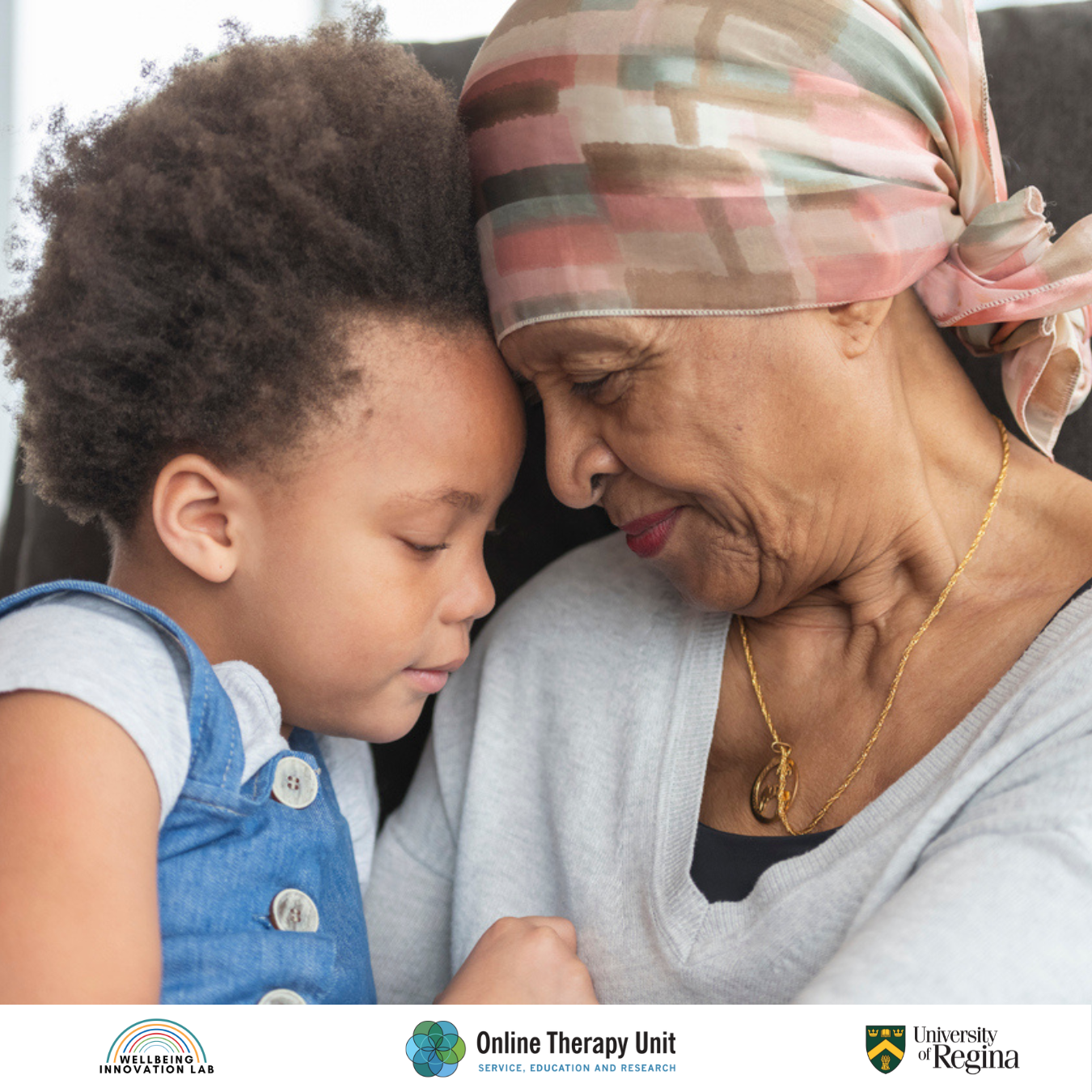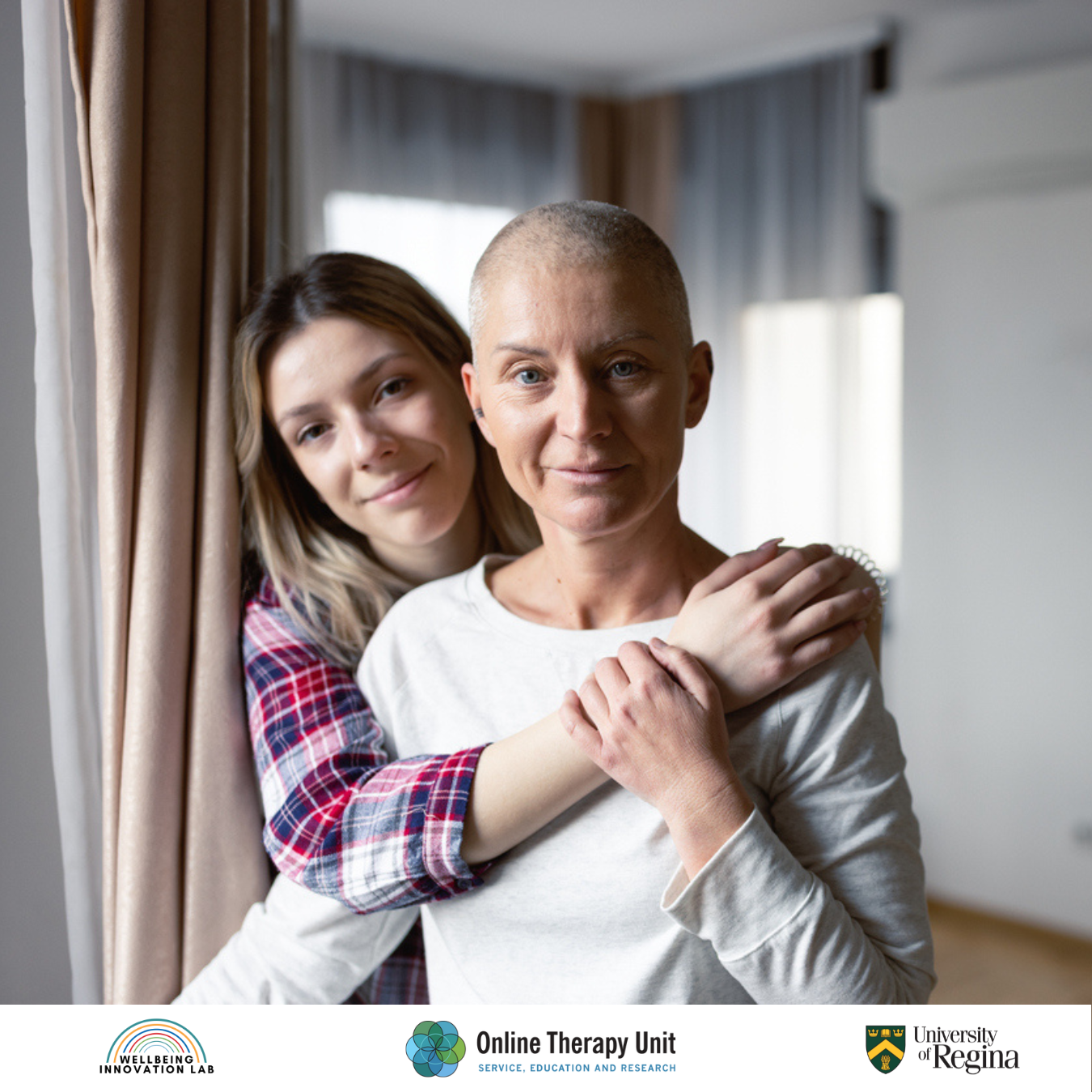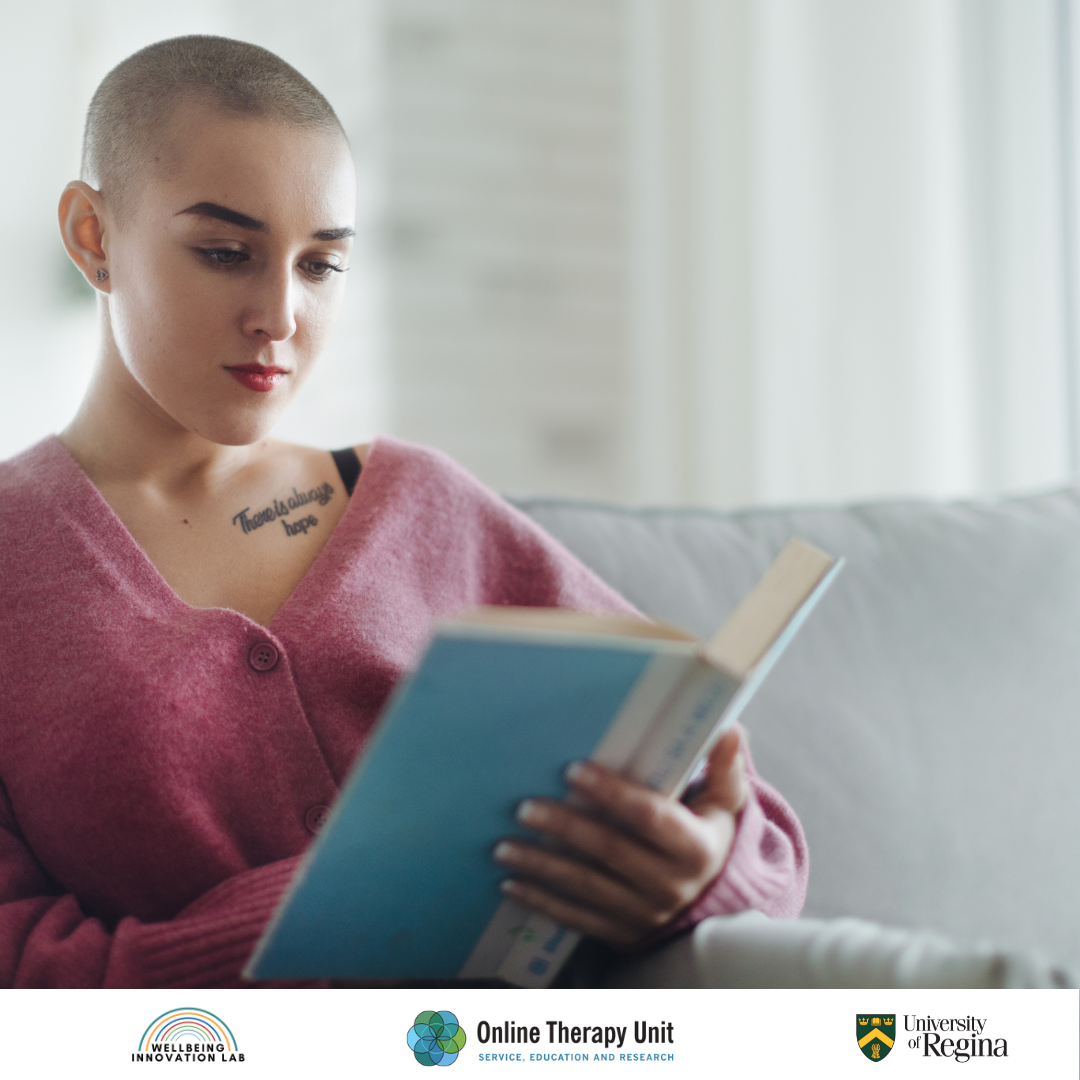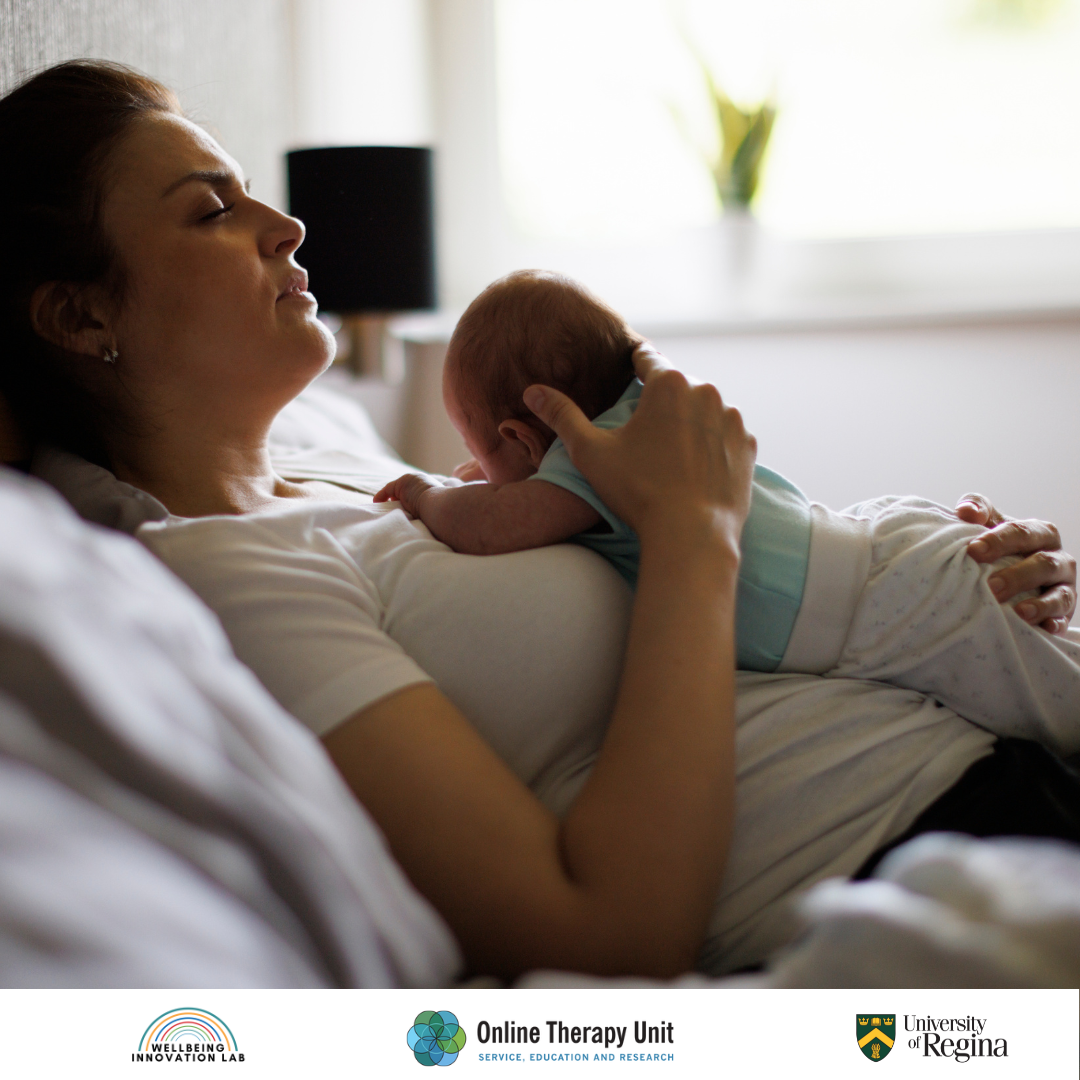A randomized trial of technician-guided and self-guided ICBT: Wellbeing After Cancer
Doctoral Dissertation Results, Dale Dirkse 2018
Internet-delivered cognitive behviour therapy (ICBT) has only recently been used to treat anxiety and depression within a cancer population but has demonstrated promising results. The focus of this study was to assess the effectiveness of two forms of non-therapist assisted ICBT for cancer survivors with symptoms of depression and anxiety in a larger sample. The Wellbeing After Cancer course was offered to Canadians from August 2016 to May 2017. In this study we were interested in the impact of Wellbeing After Cancer on symptoms of depression, anxiety, fear of cancer recurrence, and overall quality of life after the course.
Wellbeing After Cancer included education about depression and anxiety, strategies to identify and modify unhelpful thoughts, manage physical symptoms of anxiety and depression, overcome avoidance, cope with uncertainty, and maintain improvements after treatment. The course was administered to a randomized group of cancer survivors; 42 individuals who were guided by a technician and 44 individuals who independently progressed through the course.
The findings were very encouraging. The results of this study showed that participants’ symptoms of anxiety and depression improved significantly from pre to post treatment. Participants also reported strong satisfaction ratings with the program. Furthermore, there was no difference in anxiety or depression symptom improvement or overall satisfaction between those who were guided by a technician or those who independently progressed through the course. Participants also improved on secondary measures of fear of cancer recurrence and quality of life.
Results from this study demonstrate the ability to provide effective treatment to Canadian cancer survivors with symptoms of anxiety and depression from one centralized site. Providing ICBT has the potential to change the mental health care landscape for cancer survivors across Canada. Future research should focus on best practices for implementation of ICBT.
Linguistic analysis of communication in a therapist-assisted Internet-based cognitive behaviour therapy program for individuals with generalized anxiety disorder
Masters Thesis Results, Dale Dirkse 2014
Background: Therapist-assisted Internet-based Cognitive Behaviour Therapy (TAICBT) is an effective method of treating generalized anxiety disorder (GAD). In addition to the cognitive and behavioural elements found within face-to-face Cognitive Behaviour Therapy (CBT), TAICBT includes elements of expressive writing, through email communication with a therapist. Expressive writing has been associated with positive outcomes; furthermore, certain linguistic dimensions have been associated with psychological and physical health benefits.
Objective: The purpose of the present study was to understand how clients with symptoms of GAD are communicating with their online therapists, and explore whether their communication style was related to successful participation.
Method: Written communication submitted to therapists by 107 adult clients with symptoms of GAD during the course of a 12 module TAICBT program was analyzed along with symptom measures of anxiety, worry, and adjustment. Clients’ written communication was analyzed by a linguistic software (Linguistic Inquiry and Word Count Software) which categories words into several categories (e.g., negative emotion words, insight words).
Results: Negative emotion words, anxiety words, insight words, and past tense words were associated with symptom measures of anxiety and worry and they changed over time. A higher number of negative emotion and anxiety words differentiated clients that dropped out of the program earlier versus those that dropped later, and were associated with reduced therapeutic alliance and treatment satisfaction.
Discussion: Results suggest it may be useful to pay attention to linguistic categories as they can be used as indicators of client progress and well-being. Findings improve our understanding of the client experience of participating in TAICBT, with some linguistic trends being consistent with what clinicians would expect to see from a client’s successful participation in therapy. Other findings offer new insight into communication that may be particularly relevant to clients with symptoms of GAD. Findings confirm that clients are engaging with the program and opening up to their therapists.




